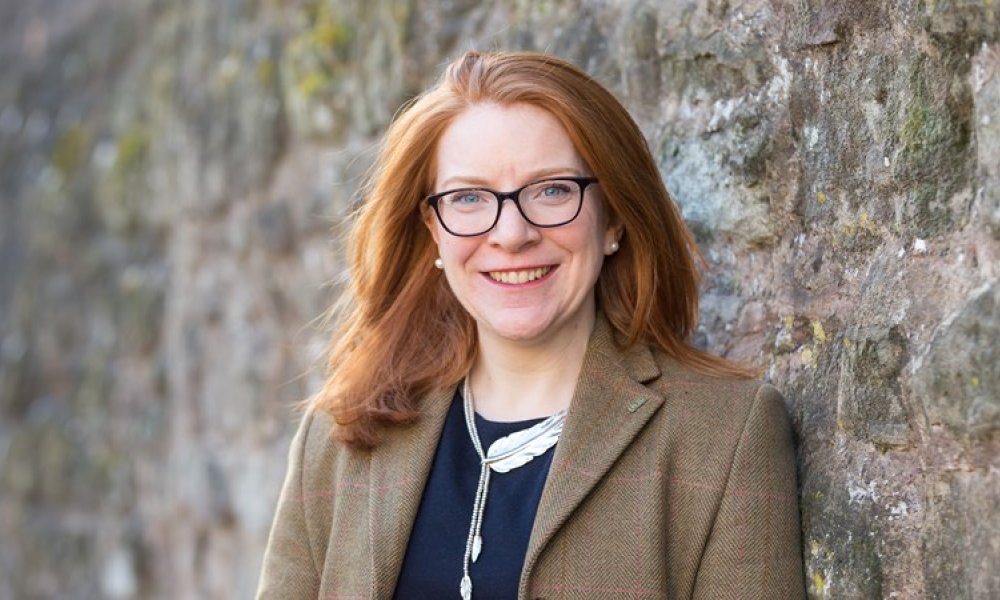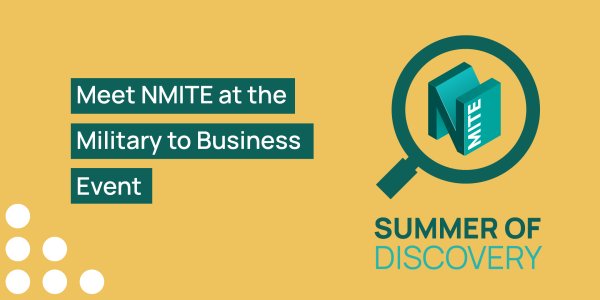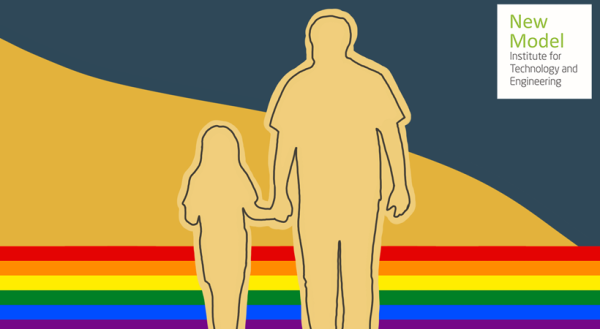NMITE's Head of Fundraising, Harriet Dearden, reflects on the subject of fundraising during times of uncertainty.
It was hard not to be moved by the story of Captain Tom and his record breaking fundraising, which captured the hearts of the nation and, at time of writing, moved 1,519,343 people to donate £31M in support of NHS Charities Together. Captain Tom, and other initiatives have now collectively raised £83M for NHS Charities Together’s Covid-19 Appeal. The money raised is funding grants to help NHS charities support NHS staff, volunteers and patients in ways above and beyond what NHS funding can ordinarily provide. Furthermore, the BBC’s Big Night In, which took place in April, raised £27M from the British public, which will enable local charities supported by Comic Relief and Children in Need to continue to provide vital emergency support at a time when many small organisations are facing decline in income and a surge in demand.
What makes this even more remarkable is that this huge surge in fundraising is against a backdrop where many people are facing huge financial uncertainty, with jobs at risk, long term prospects unknown and forecasters predicting long term economic doom. CAF UK Giving’s Coronavirus Briefing found that 73% of 45-54 year olds questioned were concerned about their income over the next six months.
Despite all this, the Great British public is still digging deep to make a difference. We respond to calls for numerous reasons, from wanting to ‘do our bit’ to a need to feel part of a community. Humans are, after all, inherently social creatures who flourish when part of a tribe. At a time when we are physically at a distance from each other and from loved one, we look for ways to maintain social connections and to be part of something which brings us joy. Captain Tom united the country in just this way and helped to bring that ‘warm glow’, which is activated in regions of the brain associated with pleasure, social connection, and trust.
Similarly, Olivia Strong, who launched the Run For Heroes campaign, which involves running 5km, donating £5 and nominating 5 people to do likewise, expressed that she was called to action “… to show support to people that need it. I thought that, collectively, we can come together and do this to help NHS workers. I’m hoping it will go towards making their lives a little easier.
However, charities like all organisations will struggle in the future. Many are facing reduced income at the same time as they see a surge in demand for their programmes and there will be some tough decisions to made by charitable leaders over the coming months. Grant making organisations who have launched Covid-19 response funds have found themselves overwhelmed with applications from charities who need to be able to continue to provide their services at this time.
With 34% of responders to CAF UK’s Coronavirus Briefing saying that they are likely to donate to local charities, there are reasons to be optimistic. By demonstrating the value that they bring to their community, charities can continue to raise the vital funds required to keep operating. This may mean rethinking established fundraising strategies and programmes, but by going back to basics, viewing donors and supporters as valued friends and partners, and continuing to communicate throughout these difficult times about the value of their work, combined with support from government, charities will survive and continue to provide essential services to the communities they serve. And like Captain Tom, charities will continue to play a huge role in bringing communities together, showing the power of the collective giving and the positive impact it has on all those involved.







